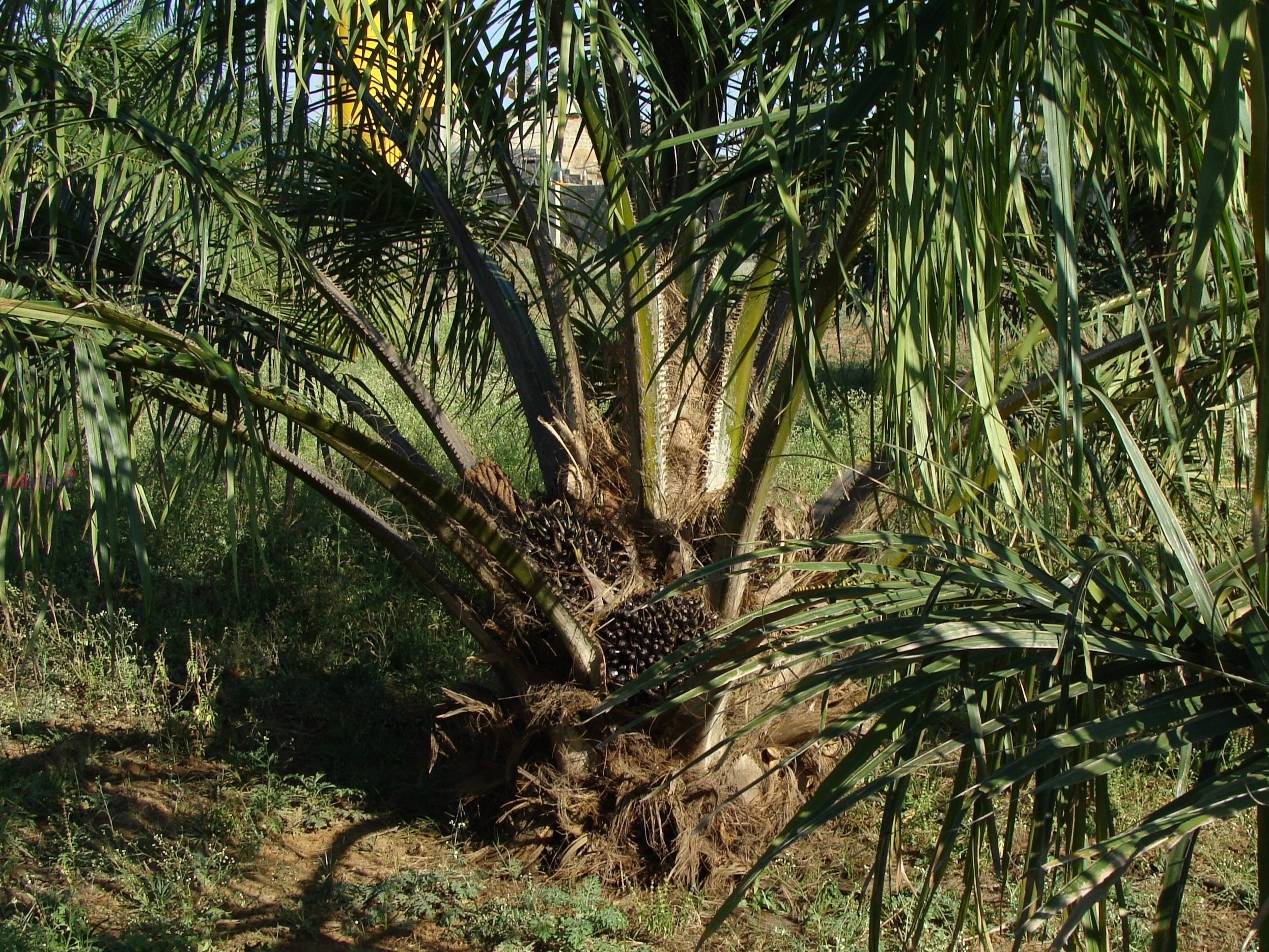Palm oil has become an essential ingredient in various products we use daily, from food to cosmetics and even biofuels. As a versatile and inexpensive vegetable oil, demand for palm oil has skyrocketed over the past few decades. However, its production has also been associated with human rights violations and environmental harm.
Despite these concerns, palm oil production remains a crucial sector in many nations, particularly in Africa, where it creates jobs and fosters economic growth. Nigeria has taken a significant leap forward in this industry, emerging as the leading producer in Africa, according to World Agricultural Production.

This accomplishment positions Nigeria as a major player in the global market for this valuable commodity.
But Nigeria’s palm oil ambitions don’t stop there. Airlines are now exploring the potential of this natural resource as a sustainable aviation fuel (SAF). This dual progress could have profound implications for both the agricultural and aviation sectors.
Let’s take a look at the top 10 African countries producing palm oil, based on data from World Agricultural Production.
Nigeria:
Nigeria produces 1.4 million metric tons of palm oil, making it the largest producer in Africa and the fifth-largest in the world. This achievement is rooted in the country’s rich agricultural heritage and favorable climatic conditions, which support the cultivation of oil palm.
Côte d’Ivoire (Ivory Coast):
This West African nation is the second-largest producer on the continent. The government has been investing in the industry to expand production, which was estimated at 600,000 metric tons in 2022/2023.
Cameroon:
Producing 465,000 metric tons, Cameroon is one of the oldest palm oil producers in Africa. It ranks as the 12th-largest producer in the world, and the industry significantly contributes to the country’s economy.
Ghana:
Although smaller compared to other top producers, Ghana’s palm oil industry is growing. The government has identified it as a priority sector for development, and investments are being made to expand the industry, which currently has an output of 300,000 metric tons.
Democratic Republic of the Congo (Kinshasa):
Despite facing challenges such as political instability and infrastructure issues, Congo produced 300,000 metric tons of palm oil in 2022/2023.
Sierra Leone:
Sierra Leone’s palm oil production stands at 75,000 metric tons. The government is fostering industry growth to diversify the economy. The traditional sector, vital for rural livelihoods, contributes over 10% to GDP. Efforts are underway to integrate it with the commercial sector for increased exports and sustainable development.
Angola:
Angola’s palm oil industry is experiencing growth, with recent estimates placing production at 55,000 metric tons. The government is prioritizing the sector’s development, despite challenges such as inadequate infrastructure and investment. This focus aims to enhance the industry’s contribution to the nation’s economy and diversify its economic base.
Guinea:
Guinea’s palm oil industry is showing promise with an estimated production of 50,000 metric tons. The government is actively promoting the sector to boost job creation and export growth. The industry has the potential to expand further, contributing significantly to the nation’s economy and providing sustainable livelihoods.
Liberia:
Liberia’s palm oil industry has seen significant growth, with the latest estimates showing a production of 45,000 metric tons. The government is actively investing in the sector to further expand its reach and impact. This strategic focus is part of Liberia’s broader economic development goals, aiming to leverage the country’s favorable climate conditions and fertile lands to boost agricultural growth and international trade.
Senegal:
Senegal’s palm oil industry is in its early stages, with the latest estimates showing a production of 14,000 metric tons. The government is actively promoting the industry as a strategic move to reduce the cocountry’s reliance on food imports.
